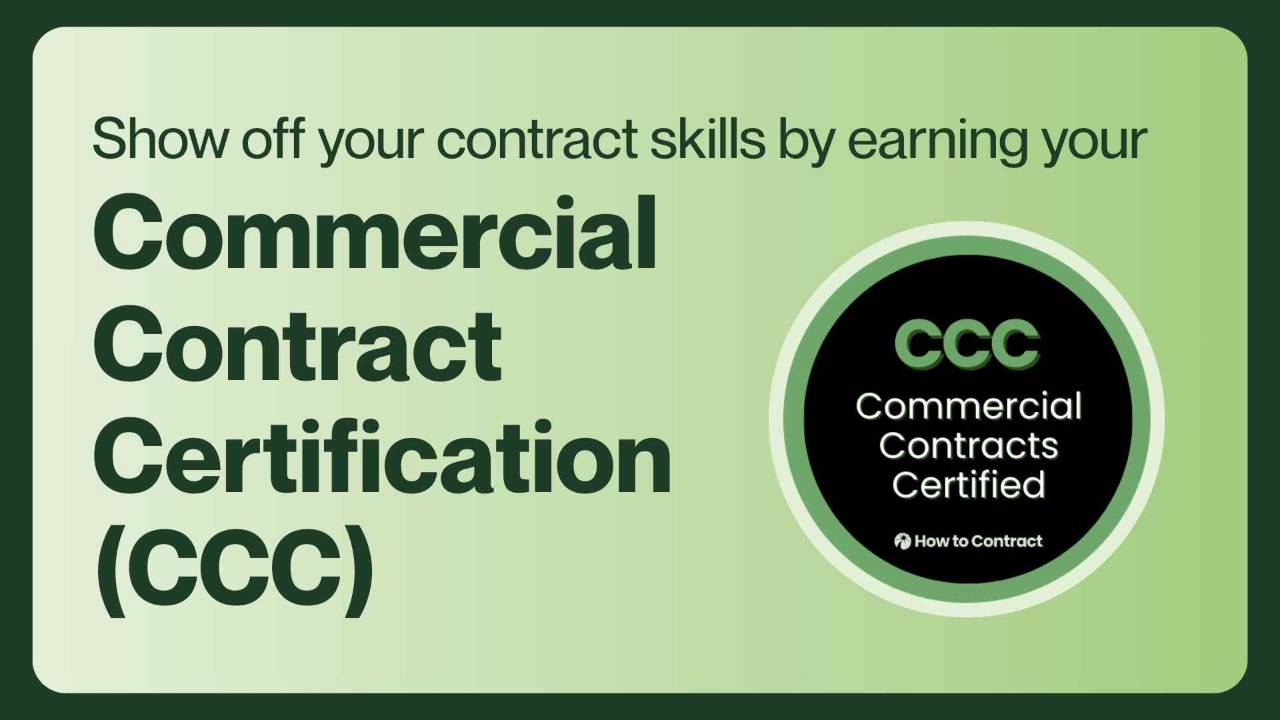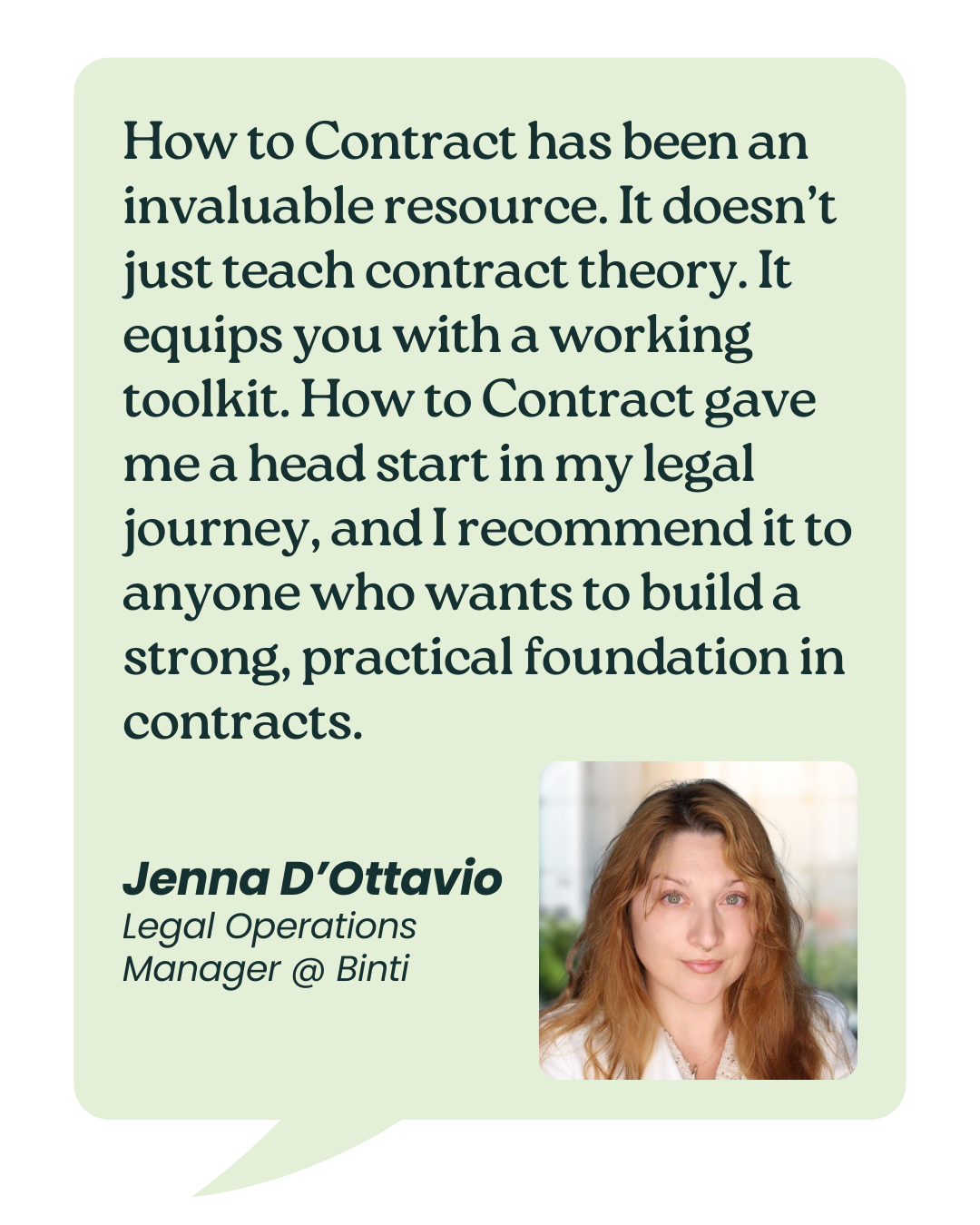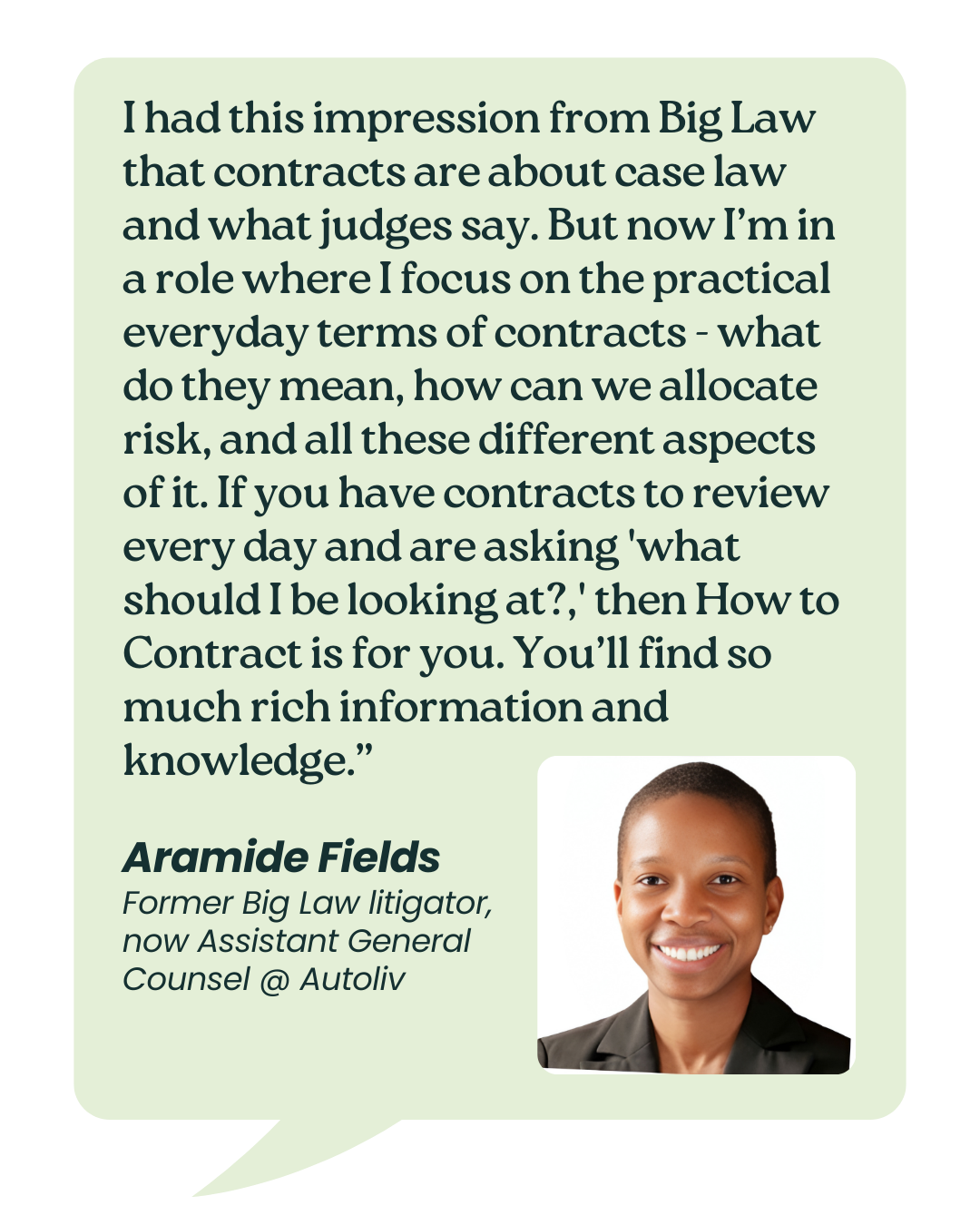
Free Download: Understanding Work Made for Hire Clauses
Work-made-for-hire provisions in commercial contracts are key to determining who owns the rights to created works. These provisions directly affect authorship, copyright ownership, copyright terms, and termination rights. Understanding them is crucial for both customers and vendors.
Prefer a PDF for offline reading? Download this free one-page Quick Take on works made for hire in commercial contracts.
What Do Work Made for Hire Clauses Do?
A “work made for hire” provision makes the customer commissioning the work the first author for copyright purposes, as per the U.S. Copyright Act. This provision ensures that the customer is recognized as the creator and owner from when the work is produced.
Why Work Made for Hire Provisions Matter
Work made for hire status affects:
-
Authorship: The customer who commissions the work becomes the author.
-
Copyright Ownership: The customer is the initial copyright owner unless a written agreement states otherwise.
-
Copyright Term: The term for works made for hire is 95 years from publication or 120 years from creation, whichever is shorter. Termination rights do not apply to these works.
Work Made for Hire: Sample Provision
A typical clause might state:
"The Developed Works are considered works made for hire owned by Customer upon their creation."
This language follows the statutory requirement for a signed written agreement.
Customer Strategies
-
Ensure Requirements Are Met: Failing to meet work-made-for-hire requirements could result in losing intended copyright ownership.
-
Review Employment Status in California: Be careful if you are using work made for hire in a contract governed by California law. The work creator could be deemed an employee under the state's laws.
-
Confirm Vendor Rights: Ensure the vendor can assign the work. If the vendor's contractors haven’t assigned their rights, it’s not a work made for hire.
-
Limit to Commissioned Works: Only apply to newly commissioned works, not existing ones.
-
Define Scope Clearly: Avoid ambiguity by clearly defining terms like "Developed Works."
-
Have a Signed Written Agreement: Ensure all work made for hire arrangements are documented in writing and signed.
Vendor Strategies
-
Minimize Scope: Narrow the provision to avoid assigning unintended rights.
-
Confirm Authority: Ensure the vendor has the right to grant the work-made-for-hire status.
Interested in learning more about intellectual property provisions in commercial contracts? Check out our Intellectual Property Essentials course or the free downloads and resources in our Intellectual Property Training Hub.
How to Contract's membership is designed to help you build real-world expertise with commercial contracts. Get access to our comprehensive system of live and on-demand courses, weekly lessons, detailed playbooks, and more. Join today!







